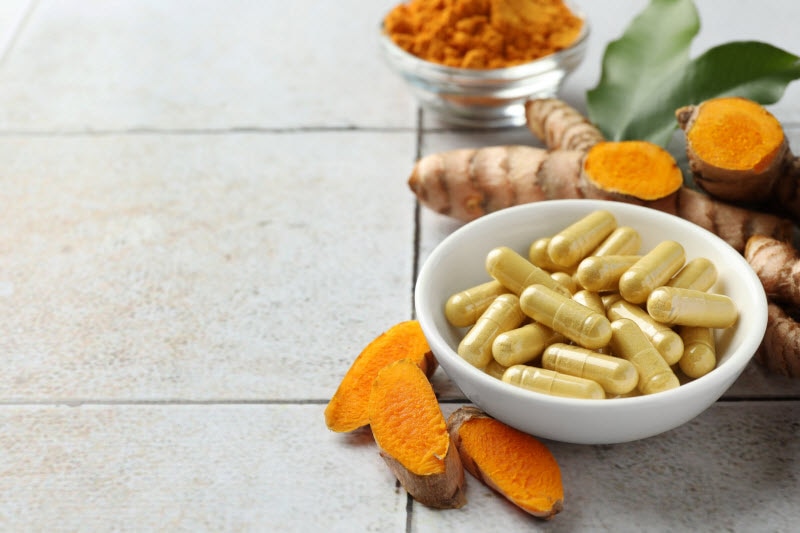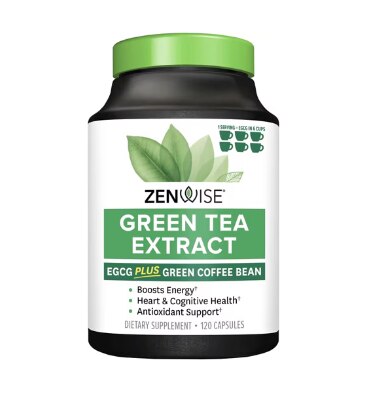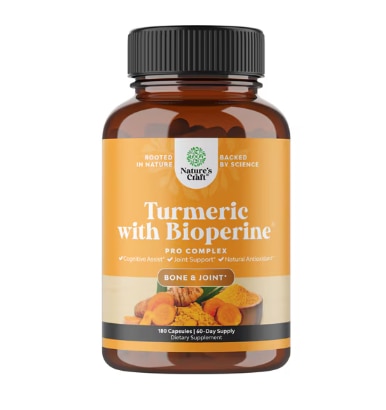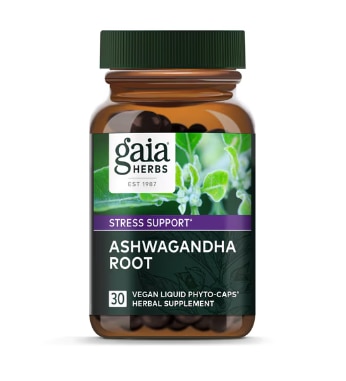Millions of people turn to botanicals to boost their health and feel better. But if you use botanicals the wrong way, you could end up in the hospital, a new study warns.
Researchers who reviewed recent data found that some of the 15.6 million U.S. adults who take at least one botanical end up needing medical care due to liver toxicity.
Supplements and liver toxicity
A lack of regulation of botanicals and overuse of these supplements is likely leading to such health problems, according to the researchers’ findings, which were recently published in JAMA Network Open.
The researchers note that chemical tests show there is often a mismatch between the actual ingredients in botanicals and what is listed on the label. They are calling for greater oversight of the production and marketing of botanicals.
Dr. Ralph Waldo, an Indiana-based integrative physician, says he has mixed views on the study results.
“Many botanicals and supplements are safe if used properly and under medical guidance,” he says. “However, some may pose risks, especially if misused or in high doses.”
What makes botanicals potentially unsafe?
Aaron Emmel, a pharmacist and founder of Pharmacy Tech Scholar, says the new study sheds light on the growing tendency of people to seek alternative methods of health improvement.
He believes more people are turning to botanicals and other nontraditional treatments due to “a growing mistrust of the health care system.” The influence of social media and increased digital marketing around natural health promotion also is likely playing a role, he says.
Taking medications always involves some level of risk, Emmel says. That is also true when you use supplements, he adds.
“There are many medications and supplements that have been associated with liver injury,” Emmel says.
In the study published in JAMA Network Open, the researchers noted that nearly 5% of Americans have reported exposure to one of six popular botanicals. In order of popularity, the botanicals most often used and cited in the study were:
- Turmeric
- Green tea
- Ashwagandha
- Garcinia cambogia
- Red yeast rice
- Black cohosh
With turmeric, the risk to the liver can be unpredictable and appears to only impact some people and not others. It and may be the result of an immune reaction linked to a specific genetic mutation in the human leukocyte antigen gene, Emmel says.
“This same genetic mutation appears to be associated with the risk for liver injury from green tea,” he says.
Meanwhile, Emmel says red yeast rice contains the same active ingredient as the prescription medication lovastatin, which is used to treat high cholesterol.
“This ingredient is metabolized in the liver and in some rare cases may cause injury due to a toxic metabolite,” he says.
Waldo says it is a mistake to simply assume that all use of botanicals is dangerous. “Turmeric, green tea and other botanicals are natural and generally safe in moderate amounts,” Waldo says.
However, he acknowledges the potential danger in some situations. “In excess, they can potentially stress the liver,” he says.
Staying safe when using botanicals
Part of the potential danger with botanicals and other supplements is that the U.S. Food and Drug Administration regulates dietary supplements under a separate set of regulations from those that cover conventional foods or drug products.
The FDA also does not test supplements for safety or effectiveness.
“Lack of regulation is concerning, Waldo says.
Emmel also cautions that herbal and dietary supplements “do not have the same level of rigor of oversight as medications.”
“The possibility for these compounds to be contaminated with heavy metals or other toxic substances is something to be aware of when considering their use,” Emmel says.
Waldo says before taking botanicals, it’s best to follow dosage guidelines and talk to your doctor. That is especially true if you are on any medications.
“I recommend liver function testing for some patients to monitor for any issues,” he says.
When shopping for botanicals, Waldo recommends choosing reputable brands that adhere to good manufacturing practices.
“Check labels and do research to ensure safety, quality and accurate ingredients,” he says.
Emmel recommends using products that have a seal of approval or certification from a third party. Two well-recognized organizations that test products and provide these approvals are the United States Pharmacopeia (USP) and NSF.
He also urges folks to seek guidance from a medical professional before using botanicals and other supplements.
“Build a good relationship with a pharmacist you trust and keep them informed of all products you are taking,” he says. That includes prescription and over-the-counter medications and all supplements and vitamins, he adds.
“This will ensure that they can review for drug and supplement interactions with each other and your health conditions,” he says. “A good pharmacist will also know how to do the research for you to identify the best dose of the product to take.”
Alternative options for boosting your health
The researchers who participated in the data review published in JAMA Network Open lament the widespread use of botanicals to treat arthritis and other conditions, saying there is a lack of evidence supporting health claims made on behalf of the supplements.
They add that those who use botanicals tend to be older, more educated and more likely to have arthritis than those who do not use these products.
If taking botanicals makes you uneasy, Waldo suggests alternative approaches that can boost your health, such as improving your diet, exercising regularly and reducing inflammation through lifestyle changes.
Emmel says botanicals often are taken not to treat a health condition, but to improve general health and well-being. But he adds that a good diet, exercise, good sleep and mindfulness exercises “will do much more for optimizing health than any botanical we are aware of.”




